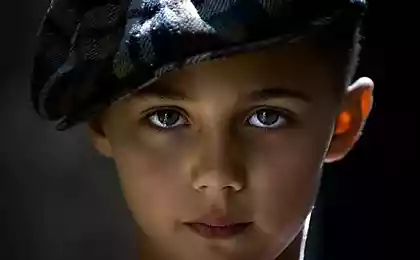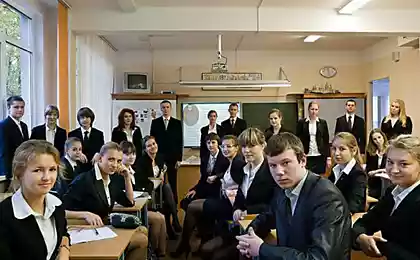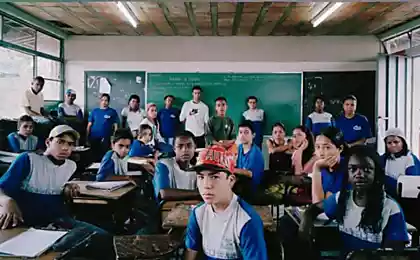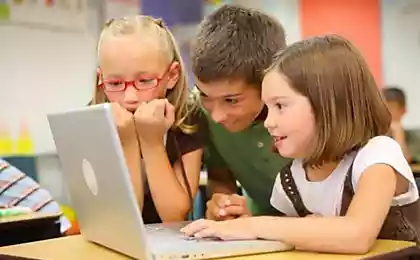139
Features of education in Norwegian
All over the world, parents dream of raising their children as self-sufficient and happy people, but despite the unity of purpose, the traditions of parenting in different countries are very different.
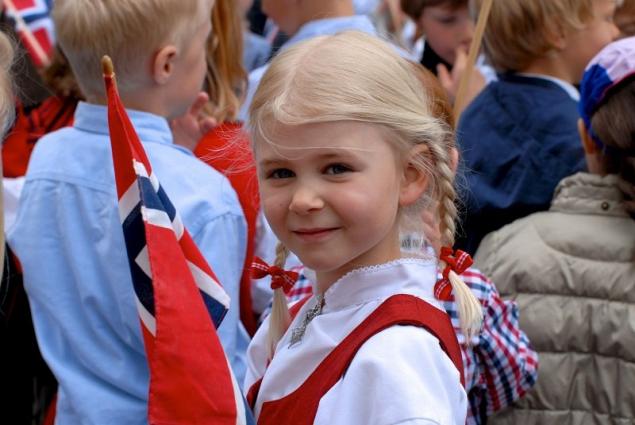
While we lead our children who do not know anything about giving up by the hand to school, try to dress warmer and eat better, in Norway young citizens are taught to self-restraint, responsibility and the Scandinavian ability not to stand out, ideally formulated in the Jante law.
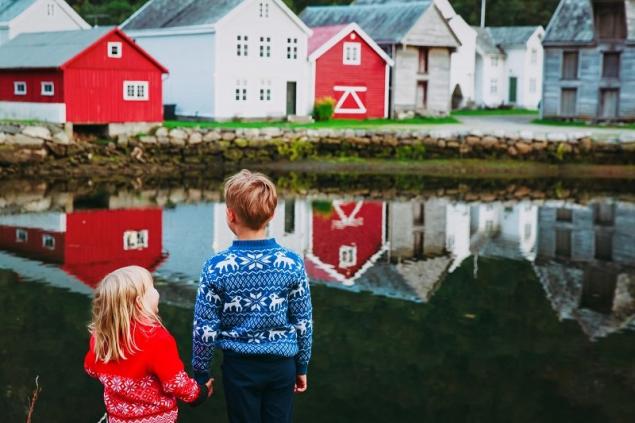
Norwegian children are sent to school not to “learn knowledge” but to make them useful members of society. Perhaps for this reason, the northern kingdom consistently leads the rankings of the happiest, safest and most educated countries.
Children in Norway
Many people still remember school physical education with horror. Yes, our system of sports physical education is far from perfect, I would like it to be more similar to the European one. Blogger Anna Dmitrieva lives in France and shares her impressions of the French approach to sports education.
Loving parents dream that their children become happy and successful people, so they do not regret the upbringing of time, energy, or money. Learn about your child’s talents as early as possible and help them develop.
What is happiness? The answer to this question is sought by all philosophers of the world. However, each country has its own values that have been formed over the years. Using the example of Finland, Japan and Israel, we will try to understand how people from all over the world imagine happiness.

While we lead our children who do not know anything about giving up by the hand to school, try to dress warmer and eat better, in Norway young citizens are taught to self-restraint, responsibility and the Scandinavian ability not to stand out, ideally formulated in the Jante law.

Norwegian children are sent to school not to “learn knowledge” but to make them useful members of society. Perhaps for this reason, the northern kingdom consistently leads the rankings of the happiest, safest and most educated countries.
Children in Norway
- The Yante Law
A strong imprint on the mentality of Norwegians, Danes and Swedes at one time put yante - an unspoken set of rules, which in the novel The Fugitive Crosses His Trail (1933) was formulated by the Danish writer Axel Sandemuse: Don't think you're special.
Don't think you're our equal.
Don't think you're smarter than us.
Don't imagine you're better than us.
Don't think you know more than us.
Don't think you're more important than us.
Don't think you can do anything.
You shouldn't make fun of us.
Don't think anyone cares about you.
Don't think you can teach us.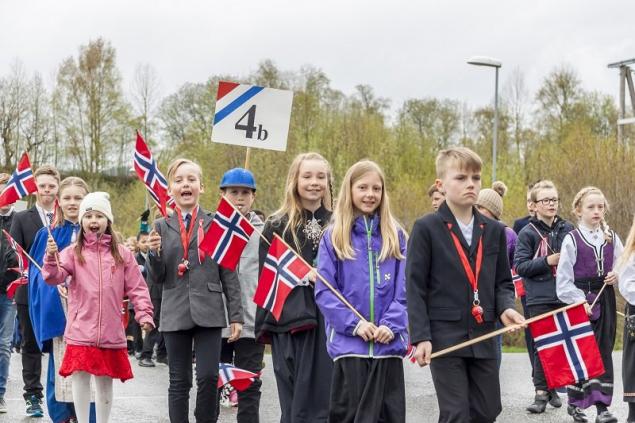
These 10 rules help to create an unusually friendly and cohesive society. Being humble and respecting others is very Norwegian. - There is no such thing as bad weather.
Every morning the streets of Oslo are filled with first-graders in waterproof jumpsuits and rubber boots. It is not customary to complain about the weather. If you’re wet or cold, you’re lazy and can’t dress properly.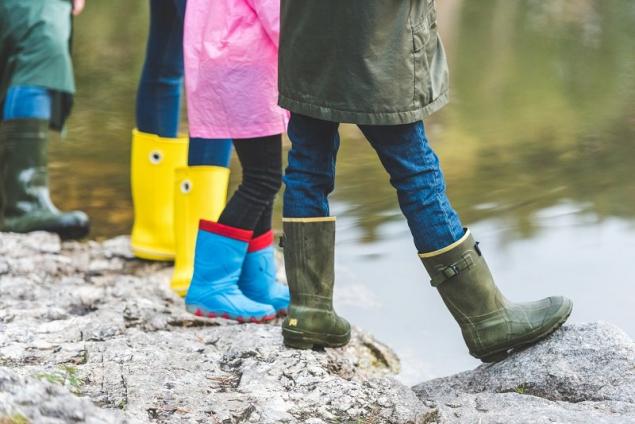
At all school breaks, children should spend time in the yard in any weather. It is believed that the child “ventilates the brain”, rests before the next lesson and is hardened. - The Green Recipe.
Even if the child has a temperature of 38 degrees, this is not a reason to bother the doctor. And with a common cold, the doctor usually writes out a “green recipe”: a recommendation to walk in the forest.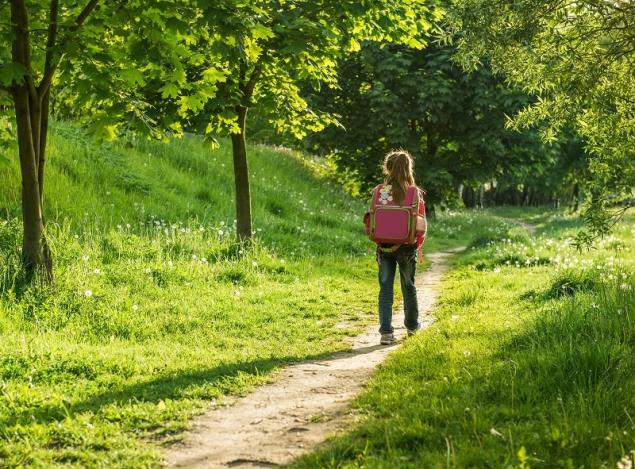
Children learn to take care of their own health. After all, the medical system is designed so that the main emphasis is on the prevention of the disease, not on its treatment.
If you complain about your health, it means that you are lazy and irresponsible: you did not temper, did not play sports, did not dress properly and therefore fell ill. - Complete set
Sports training is given more attention at school than many other subjects. In spring and autumn, children are engaged in swimming, in winter – skiing. And they go camping all year round.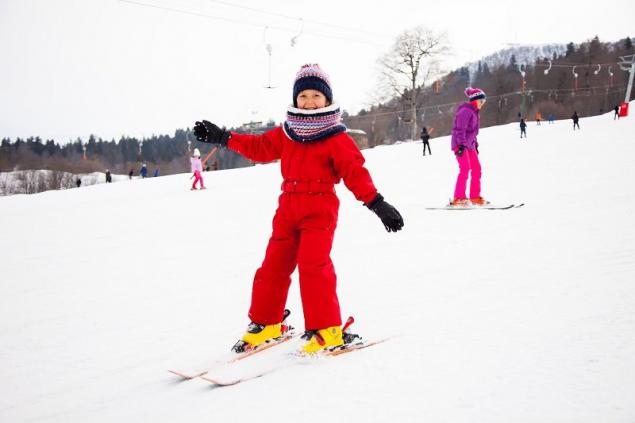
In public schools, children, starting at the age of nine, go on three-day hikes with teachers, sleep in tents, burn bonfires, cook food in a pot. In addition, once a week a special bus takes them for a three-hour walk in the woods or mountains.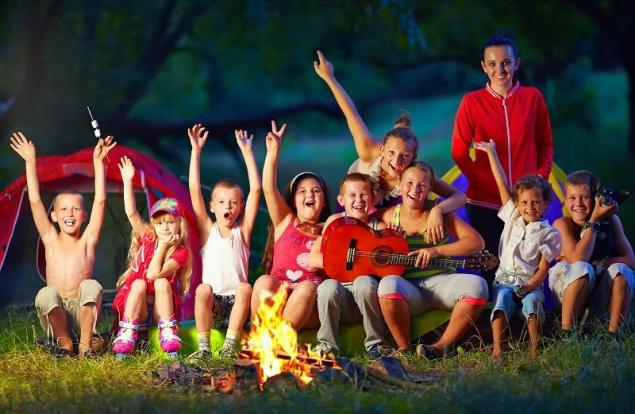
- Visiting cavities
In school, children read The Adventures of Karius and Bactus. A popular children's book tells the story of how the bacterium, along with his friend Caries, destroyed the teeth of the boy Mark, until he began to carefully clean them.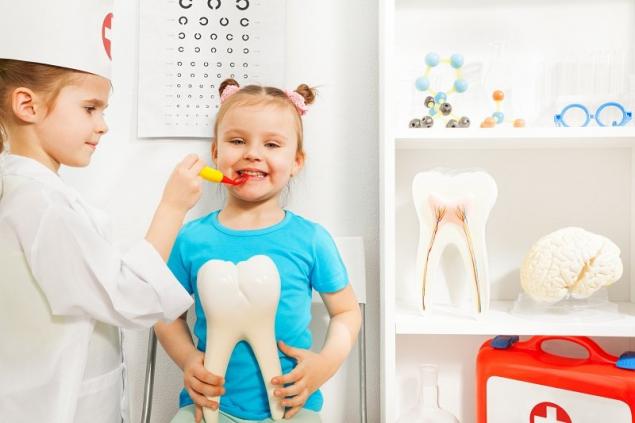
Norwegian teeth protect the young. Moms start brushing their baby’s teeth as soon as the first one is cut, and young Vikings see candy and chocolate less often than the Northern Lights. - Cold sandwich
To school. Norwegian From the first class, they walk alone, unaccompanied by adults. In addition to a heavy backpack, each student carries a packet with lunch: hot lunches in schools are not provided.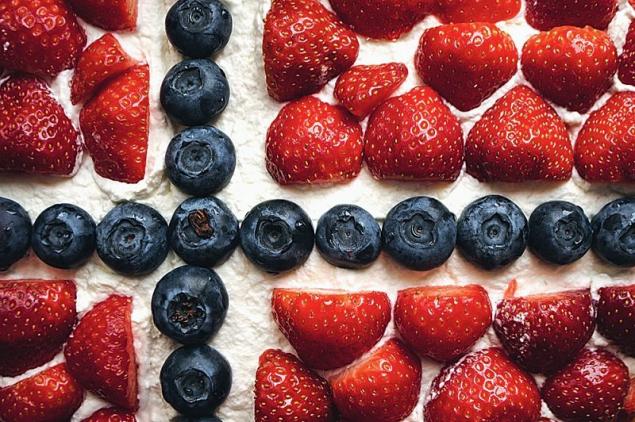
The menu usually consists of sandwiches, pastries with meat filling, fruits, yogurts. Sweet in school is strictly forbidden: no lemonades, candy, cookies, chocolates. By the way, nuts are also taboo, as they can be allergic. - Birthdays
On children's birthdays, it is customary to adhere to the standard menu: sausages, pizza and dessert without sugar.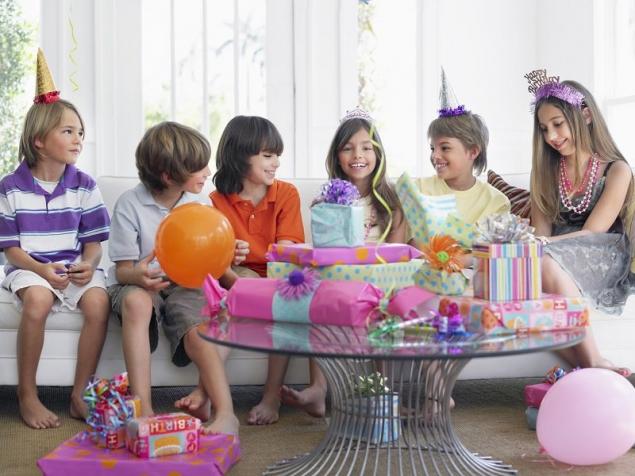
By the way, the invitations to the children's holiday indicate the maximum cost of the expected gift. It is impossible to exceed the limit so as not to embarrass families with a small income. - Teamwork.
In a Norwegian school, children should not stand out. They don't get grades until seventh grade. The emphasis is on teamwork when the strong pull the weak. As a result, everyone gets the same funny emoji stickers.
Harmony of relations, lack of aggression and stability are basic values for Norwegians. In schools, students are constantly on duty, who act as mediators in resolving conflict situations between classmates. And at the University of Oslo, you can get an education in conflict prevention, which has no analogues anywhere in the world.
Many people still remember school physical education with horror. Yes, our system of sports physical education is far from perfect, I would like it to be more similar to the European one. Blogger Anna Dmitrieva lives in France and shares her impressions of the French approach to sports education.
Loving parents dream that their children become happy and successful people, so they do not regret the upbringing of time, energy, or money. Learn about your child’s talents as early as possible and help them develop.
What is happiness? The answer to this question is sought by all philosophers of the world. However, each country has its own values that have been formed over the years. Using the example of Finland, Japan and Israel, we will try to understand how people from all over the world imagine happiness.














